How can diet optimize testosterone for peak energy, focus, and male performance?
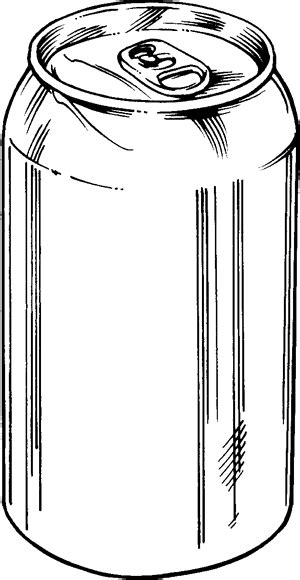
Unlocking Peak Male Performance Through Diet
Testosterone, often celebrated for its role in muscle growth and libido, is a crucial hormone that impacts far more than just physical attributes. Optimal testosterone levels are fundamental for maintaining high energy, sharp cognitive focus, stable mood, and robust overall male performance. While age naturally brings a gradual decline in testosterone, diet plays a profoundly significant role in either supporting or hindering its production, regardless of age. By making informed nutritional choices, men can empower their bodies to optimize testosterone synthesis, leading to a noticeable uplift in vitality.

The Pillars of Testosterone-Optimizing Nutrition
To effectively boost testosterone, your diet must provide a rich array of specific micronutrients and macronutrients. This isn’t about restrictive eating, but rather smart choices that fuel your hormonal pathways. Let’p dive into the key players:
1. Essential Micronutrients: The Hormone Builders
- Zinc: This mineral is critical for testosterone production and protecting against its conversion into estrogen. Good sources include oysters, red meat, poultry, beans, nuts, and whole grains.
- Vitamin D: Often called the ‘sunshine vitamin,’ Vitamin D functions as a steroid hormone in the body and is directly linked to testosterone levels. Fatty fish (salmon, mackerel), fortified dairy, and egg yolks are dietary sources, though sun exposure remains paramount.
- Magnesium: Involved in over 300 enzymatic reactions, magnesium plays a role in free (bioavailable) testosterone levels. Incorporate dark leafy greens, nuts, seeds, legumes, and whole grains.
- Vitamin K2: Emerging research suggests K2 may support testosterone production and bone health. Found in fermented foods like natto, certain cheeses, and egg yolks.
2. Healthy Fats: Not All Fats Are Equal
Dietary fats are precursors to steroid hormones, including testosterone. Fear of fat has been a major misstep in modern nutrition. Prioritize:
- Monounsaturated Fats: Found in avocados, olive oil, and nuts (almonds, cashews).
- Polyunsaturated Fats (Omega-3s): Crucial for overall health and inflammation reduction, indirectly supporting hormone balance. Rich sources include fatty fish (salmon, sardines), flaxseeds, chia seeds, and walnuts.
- Saturated Fats: While moderation is key, healthy sources from grass-fed meats, eggs, and coconut products can be beneficial for testosterone synthesis.
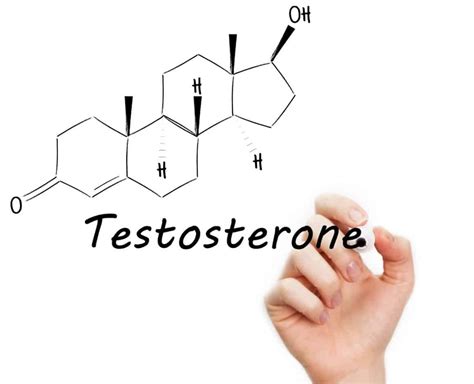
Foods to Embrace for Optimal Testosterone
Building a diet around these categories will naturally support your testosterone levels:
- Fatty Fish: Salmon, tuna, mackerel, and sardines are packed with Vitamin D and Omega-3s.
- Leafy Green Vegetables: Spinach, kale, and collard greens are excellent sources of magnesium and other vital nutrients.
- Cruciferous Vegetables: Broccoli, cauliflower, Brussels sprouts, and cabbage contain compounds that help regulate estrogen, preventing its excess from interfering with testosterone.
- Avocados: A powerhouse of monounsaturated fats and essential vitamins.
- Nuts and Seeds: Almonds, walnuts, pumpkin seeds, and flaxseeds provide healthy fats, zinc, magnesium, and other beneficial compounds.
- Eggs: The yolk is rich in Vitamin D, healthy fats, and cholesterol, all crucial for hormone production.
- Red Meat (Lean, Grass-fed): Provides zinc, iron, and saturated fats in moderation.
- Berries: High in antioxidants, which combat oxidative stress that can impair hormone function.
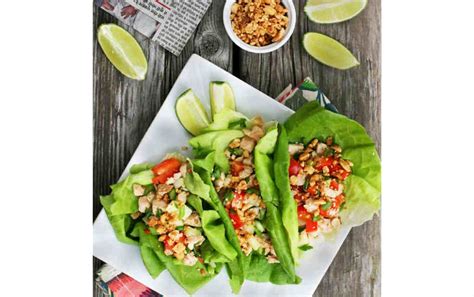
Foods to Limit or Avoid
Just as some foods boost testosterone, others can actively work against it:
- Processed Foods and Sugary Drinks: High in unhealthy fats, refined sugars, and additives that contribute to inflammation, weight gain, and insulin resistance, all detrimental to testosterone.
- Excessive Alcohol: Can increase cortisol (stress hormone) and damage Leydig cells in the testes responsible for testosterone production.
- Trans Fats: Found in many fried and processed foods, these negatively impact cardiovascular health and hormone function.
- Certain Soy Products (in excess): While controversial, some studies suggest high intake of soy isoflavones may have estrogenic effects in men. Moderation is key.
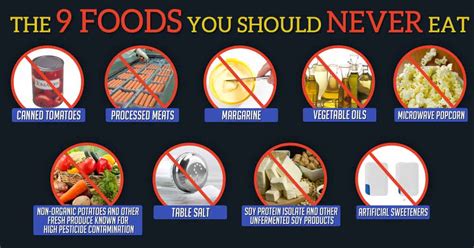
Beyond Diet: Synergistic Lifestyle Factors
While diet is foundational, maximizing testosterone requires a holistic approach:
- Regular Exercise: Especially strength training and high-intensity interval training (HIIT), significantly boosts testosterone.
- Adequate Sleep: Lack of sleep drastically lowers testosterone. Aim for 7-9 hours of quality sleep per night.
- Stress Management: Chronic stress elevates cortisol, which suppresses testosterone. Practice mindfulness, meditation, or hobbies to relax.
- Maintain a Healthy Weight: Excess body fat, particularly around the abdomen, can increase estrogen and lower testosterone.
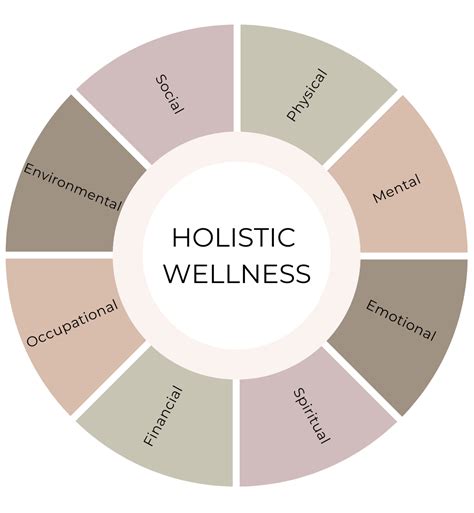
Conclusion: Powering Performance Through Plate
Optimizing testosterone through diet is a powerful and accessible strategy for enhancing energy, sharpening focus, and improving overall male performance. By focusing on whole, unprocessed foods rich in essential fats, vitamins, and minerals, and consciously limiting detrimental items, men can naturally support their hormonal health. Combine these dietary strategies with smart lifestyle choices, and you’ll unlock a new level of vitality and well-being, paving the way for peak performance in every aspect of life.








